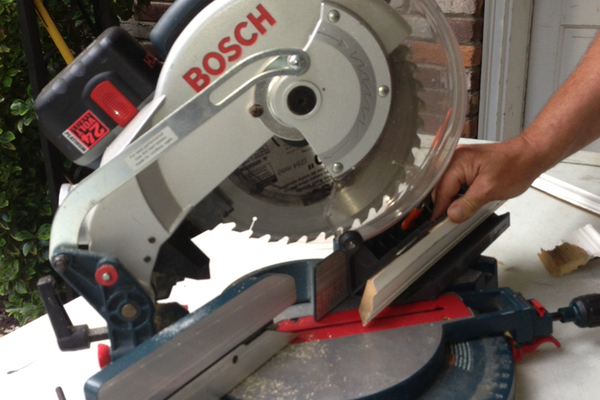Trowels are indispensable tools in construction, masonry, and landscaping, known for their ability to spread, smooth, and shape materials such as soil, mortar, and concrete. Their design varies based on the task, making them incredibly versatile tools for both basic and advanced applications. Trowels are also used in more specialized projects, such as geosynthetic installations for erosion control, where they assist in the placement of geonets.

What are the common trowel types?
Trowels are designed with specific tasks in mind. The most common types are:
- Brick Trowel: Perfect for spreading mortar when laying bricks.
- Pointing Trowel: Used for detailed work like filling in gaps between bricks.
- Garden Trowel: A must-have for planting and small-scale digging.
- Finishing Trowel: Ideal for smoothing concrete surfaces to perfection.
Each type of trowel offers unique advantages depending on the task.
How is a trowel used in masonry?
Masonry relies heavily on trowels to apply and shape mortar. To use a trowel in masonry:
- Use the trowel to scoop mortar.
- Apply it evenly to the brick or stone.
- Spread it to create a smooth layer.
- Press the brick into place and clean up excess mortar.
The precision of a trowel ensures each brick is properly secured, providing structural stability.
What should you look for when choosing a trowel?
When selecting a trowel, consider these factors:
- Blade Size and Shape: Larger blades for spreading, smaller blades for precision work.
- Comfortable Handle: A good grip is essential for extended use.
- Durability: Stainless steel resists rust, while carbon steel is strong but needs more upkeep.
Can a trowel be used for geosynthetic installations?
Yes, trowels are useful in installing geonets for drainage and erosion control. They help with:
- Leveling the ground before geonet placement.
- Cutting small trenches for embedding geonets.
- Compacting the surrounding soil or gravel.
This highlights the versatility of trowels, extending their use to both traditional and technical applications.
The trowel’s versatility makes it a must-have tool in multiple industries. Whether it’s masonry, gardening, or even geosynthetic installations, the right trowel ensures accuracy, efficiency, and durability in every project.